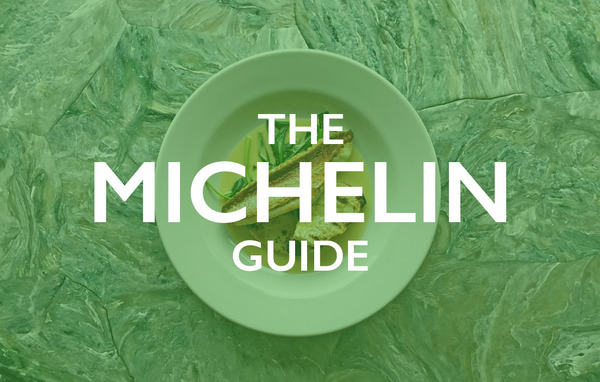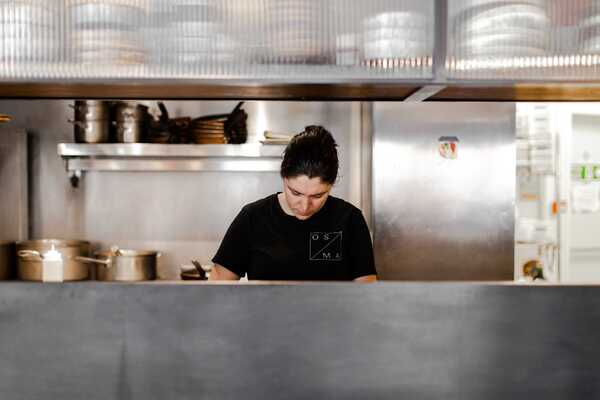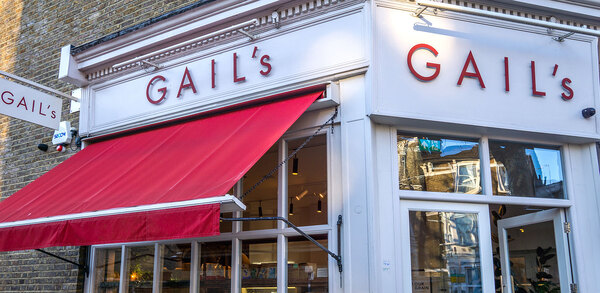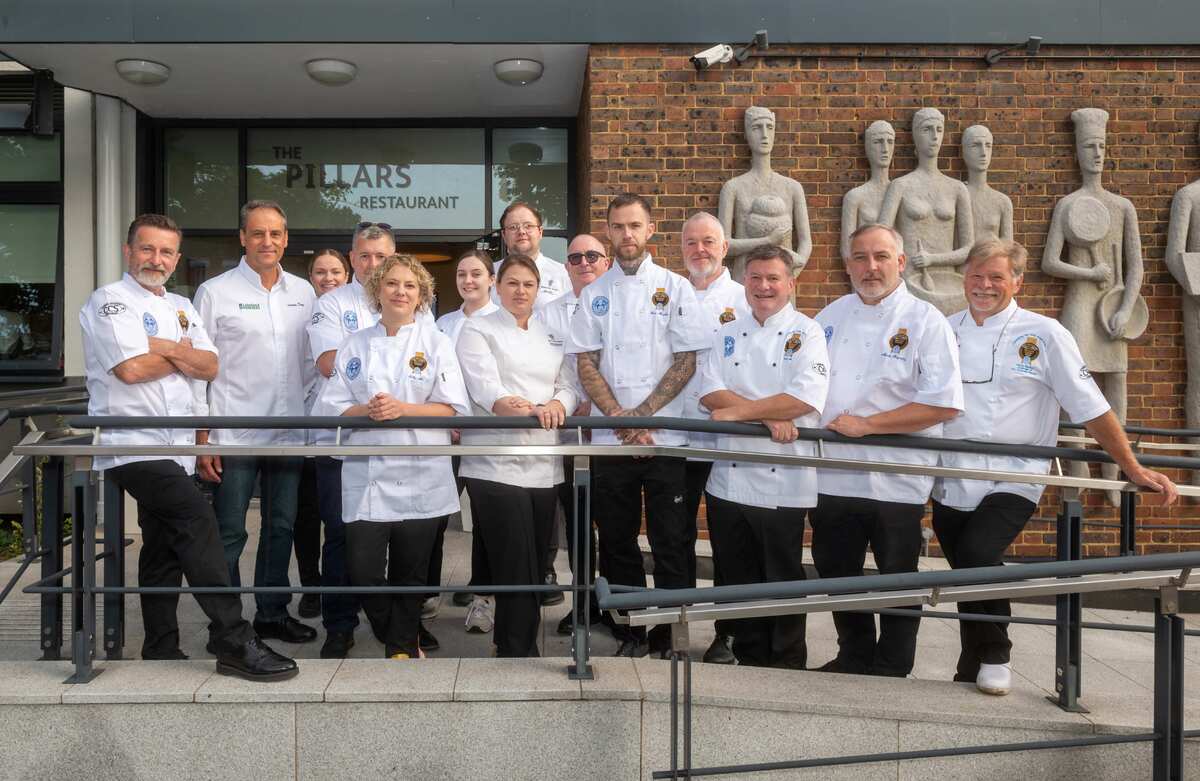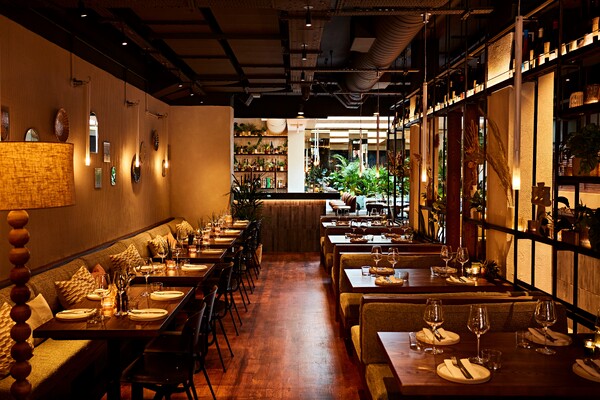Minute on the Clock: Ian Mark, RAF chef instructor
RAF chef instructor Corporal Ian Mark is one of three military chefs who recently won the second series of BBC Two's Bake Off: Crème de la Crème. He has been with the RAF for 12 years and is about to take on his next challenge as one of six finalists in the UK heats of the World Chocolate Masters in October. Lisa Jenkins finds out more
How did you become a chef with the RAF?
I started as a potwasher in a pub in Middlesbrough when I was 15, and I worked as a trainee chef while I was doing my A levels to earn some money. I knew I wanted to go into the forces early on, but I fell in love with cooking: the buzz, the camaraderie and the adrenaline.
What training is required to become an RAF chef?
The basic training is nine weeks, which includes discipline training, such as ironing your kit, marching, general service knowledge and the RAF core values: respect, integrity, service and excellence (RISE). Physical training, weapons handling and gas-chamber training was an incredible experience.
After nine weeks at Horton Barracks in Aylesbury, I went into trade training, which is 17 weeks, starting with basic chef training and then 11 weeks in the kitchen.
We cooked in three mobile catering support units, which is about learning to cook in the field for when you are deployed; it's about using operational equipment as well as putting the mess tents up. There should be no difference in the standard of food.
How did Bake Off: Crème de la Crème come about?
We were put forward for the first series by Rob Kennedy of Compass. He knew us through the Combined Services Culinary Arts Team (CSCAT), where I'm part of the pastry team. We came fourth in the first series and took on feedback from the judges and some of our fellow competitors.
In the second series, Mark Tilling [the captain of the winning team in the first series] acted as an advisor for us on our chocolate pieces. We all learned from him.
Just before we started filming the second series, CSCAT competed in the Culinary Olympics in Erfurt, Germany, and we won Double Gold in the regional buffet [fifth in the world], so we went into the competition on a high.
How did you go from there to World Chocolate Masters?
I've been competing as part of the sweet section for the RAF and CSCAT teams since 2009, and I've had some amazing mentors. Chefs Mark Sweeney on the
CSCAT team and Alun Davies, who was team captain in 2009, both inspired me.
After we'd won Crème de la Crème I was more confident, so when Mark Tilling suggested World Chocolate Masters, I agreed.
The theme of the competition is Futropolis and itâs based on the phenomenon of megacities. By 2025, more than half of the worldâs population is expected to
be living in cities with 10 million inhabitants, and we have been asked to think about how chocolate will look and taste.
Whatâs your next challenge?
Iâve been selected to compete in the Culinary World Cup in Luxembourg in 2018. This is like the CSCAT team, but the next level up, representing your country rather than the military. And I recently won the Craft Guild of Chefs Armed Services Chef Award, which is the biggest achievement of my career to date.





